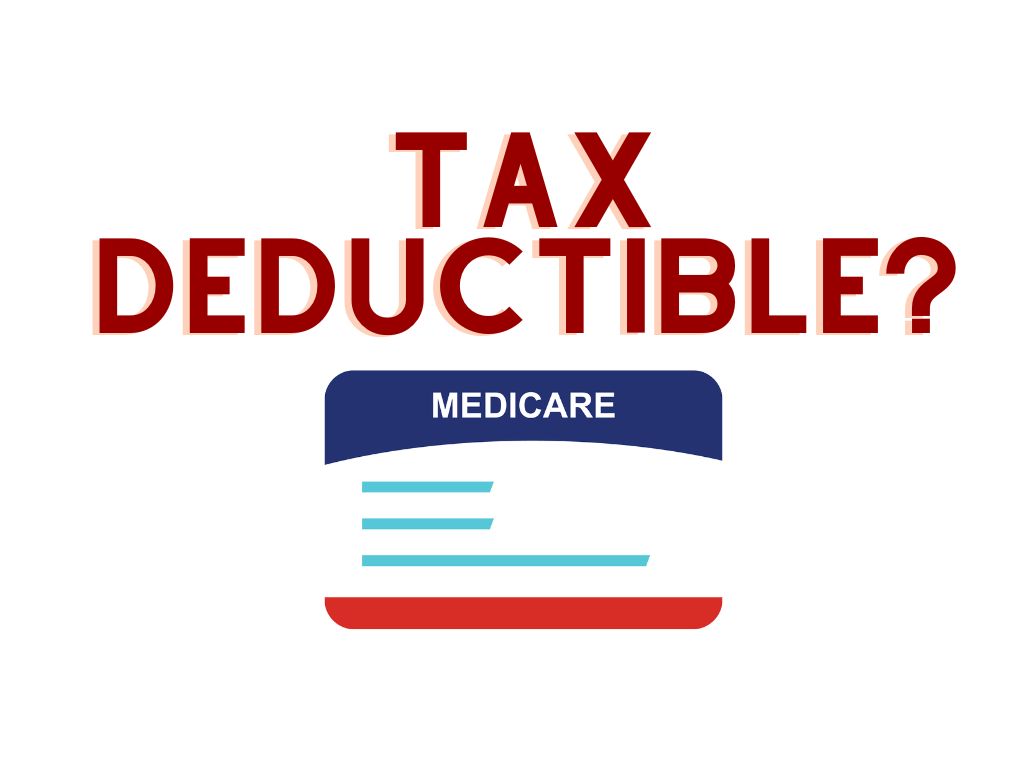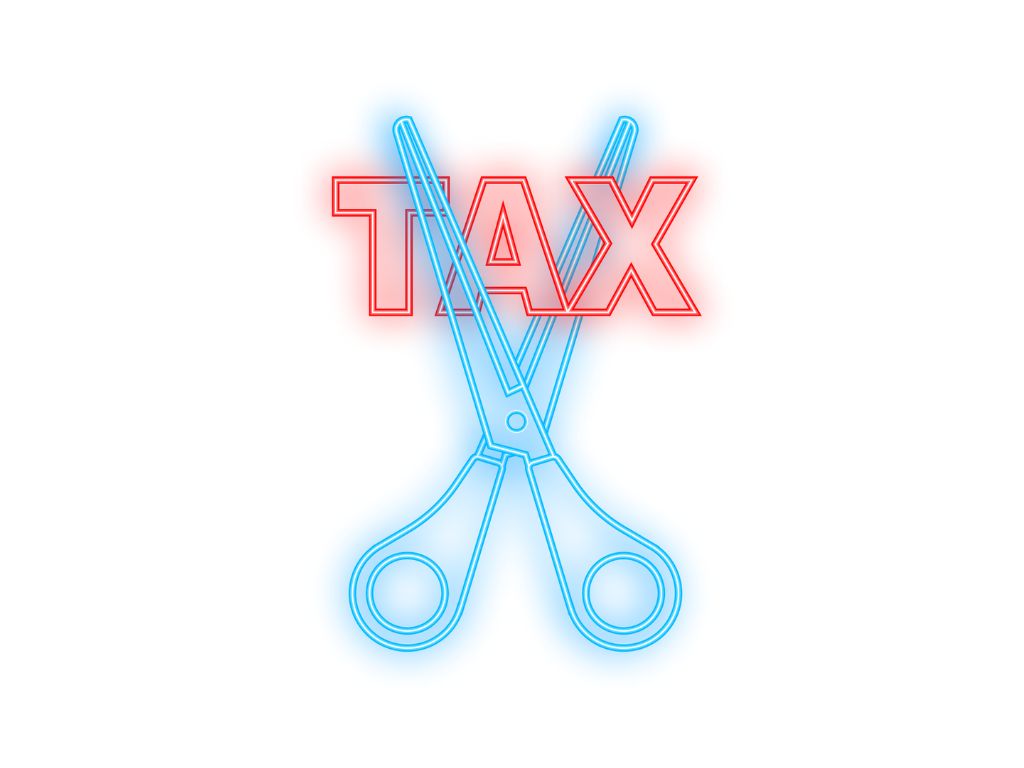

Is Medicare tax deductible? This is one of the biggest questions those who are retired or getting ready to retire ask us.
The Internal Revenue Service (IRS) provides American citizens with the opportunity to deduct various personal expenses from their taxable income each year. However, it is important to understand that not all regularly incurred expenses are eligible for deduction, as the Internal Revenue Code specifies certain criteria for deductibility.
Federal deductions play a crucial role in reducing the amount of income subject to federal income tax, which ultimately lightens the tax burden during tax season. Consequently, many American citizens, including Medicare beneficiaries, seek out suitable tax deductions to maximize their tax returns.
For Medicare beneficiaries, it is natural to wonder which Medicare-related costs can qualify for a tax break.Optimize your Medicare-related tax deductions and maximize your tax return by staying well-informed.

The answer is a resounding yes! Medicare premiums are indeed tax-deductible, but there is a threshold to consider.
In order to deduct your Medicare expenses from your taxes, the total amount of your deductible medical and dental expenses must exceed 7.5% of your adjusted gross income (AGI). If you meet this requirement, you will need to complete Schedule A of Form 1040.
The deductible amount is subtracted from your gross income, ultimately determining your taxable income and guiding your tax obligations.
Medicare premium tax deductions extend beyond Original Medicare, importantly. If your total medical and dental deductions exceed 7.5% of your gross income, you can also deduct premiums for Medicare Part A (if applicable), Part B, Part D, Medicare Advantage, and Medicare Supplement (Medigap) plans.
Now, let’s talk about tax-deductible Medicare premiums for the self-employed. If you earn income from self-employment and are enrolled in Medicare, you have the opportunity to deduct the entire cost of your Medicare premiums from your taxable income. Additionally, if your spouse is also a Medicare beneficiary, you can deduct their Medicare premium costs as well.
To qualify as self-employed according to IRS standards, you must fall into one of the following categories:
By following these guidelines, you can ensure that you are maximizing your Medicare-related tax deductions while staying compliant with IRS regulations.

When it comes to tax deductions, not all Medicare expenses are eligible. But don’t worry, we’re here to shed light on what you can and can’t claim, helping you navigate the world of medical expenditures.
Let’s start with the good news – Medicare premiums are indeed tax-deductible. According to the IRS, these premiums fall under the category of medical expenses, making them eligible for deduction. However, it’s important to note that only itemized deductions on personal income tax returns qualify for this benefit.
But wait, there’s more! The scope of deductible expenses extends beyond premiums. You can also claim costs related to the treatment, diagnosis, and prevention of medical conditions or injuries. This includes the expenses for necessary medical equipment, supplies, and even preventive care.
For a full list of medical and dental expenses that are approved in 2022 by the IRS for deductions can be found here. Feel free to review the draft of 2023 approved medical and dental expenses.
Now, you might be wondering, what exactly qualifies as a deductible medical expense? To make things crystal clear, the IRS has provided a comprehensive list for reference. It’s always a good idea to consult their list to ensure you’re making the most of available deductions.
Here’s an interesting tidbit – there are often overlooked items on the medical expenses list. You can also claim the cost of modifying your home to accommodate medical equipment. Yes, it’s true! Transportation costs can also be eligible for deduction, so keep that in mind.
Most Medicare beneficiaries, often retirees, are 65 years of age or older. Consequently, their adjusted gross incomes (AGIs) tend to be lower. This means that deducting Medicare premiums from taxes can be particularly advantageous for the average recipient.
So, as you prepare your taxes, keep these deductible Medicare expenses in mind. Ensure to maximize your benefits and take advantage of all entitled deductions. The information provided above is not tax advice but rather suggestions of areas you should speak with your tax preparer about to see if you can qualify for any deductions.
While deductions are always great, it is very important to make sure you have the right Medicare coverage for your health and budget needs. Call Senior Benefit Services, Inc. at (800)924-48727 to speak to one of our advisors to make sure you are in the correct plan that offers the lowest premiums, and the correct benefits for your needs.
Prefer us to contact you? Simply click on the button below and give us a little bit of information and we will have an advisor reach out to you ASAP!